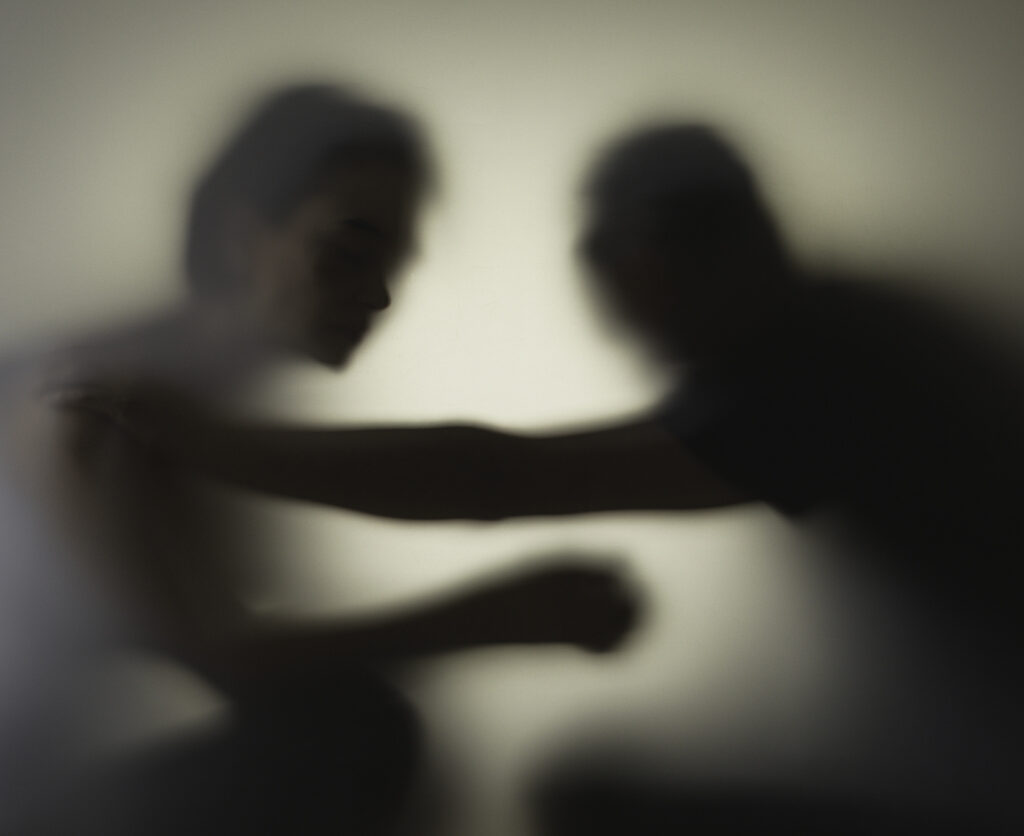In May, the Forest Kirk Uniting Church Domestic Violence and Abuse Support Group led by Dr Julia Poole, staged a course run by a team from Brisbane’s Griffith University MATE (Motivating Action through Empowerment) group.
Over three days, the training equipped a group of 20 volunteers to educate the wider community on prevention strategies to address gender-based violence and abuse.
Rev. Liam Miller is the Minister of the Word at Forest Kirk Uniting Church.
“One of our members, compelled to “do something” in response to the scourge of domestic violence, was disheartened to find there was very little available by way of programs in prevention and culture shifting,” Rev. Miller said.
“She then found a program, MATE (Motivating Action Through Empowerment) that runs out of Griffith University. This took an active bystander approach to prevention and focused attention on gender inequality as the source of DV.”
“She undertook a three day course and was authorised to run two-hour training on the topic. We began to run those training courses at and out of the Forest Kirk as part of our wider ministry in the area of domestic violence response and prevention. Through community connections we were able to run workshops and give talks at local Rotary, Probus, and Lions groups, as well as through a local community college. We also built connections and relationships with the Northern Beaches Domestic Violence Network and its various member organisations.”
“Wanting to equip more people to run this training and expand the awareness of bystander approaches, we sought grants to run a train the trainer program in Sydney. After being unsuccessful on a few different attempts, a Spirit-led series of events ended up with us receiving a grant from a private benevolent fund. This allowed us to put on the training and provide it for free for other ministers, community organisers, and people working on the frontlines of this issue.”
“The training was excellent. It was vibrant and energising, even as it was intense and heart wrenching. At the end everyone felt powerfully equipped to run this training in their various organisations and community groups and committed to working together across the area. We covered a huge amount of ground, from the many ways in which DV can manifest, to the way gender stereotypes, inequality, and prejudices fuel violence.”
“We also learnt how to help encourage empathy and curiosity when approaching this topic, and the ways to teach safe and effective intervention practices, whether they be in direct or indirect action, distraction, or protocol.”
“We now have four people from the Forest Kirk authorised and equipped to do this training and would be happy to discuss running workshops at different churches (there were other ministers from other areas also at the training who will be running workshops). There are many excellent stories and resources out there, and the Uniting Church already does a good job in sharing those.”
“Perhaps the main takeaway is that we are all bystanders. We are all present in conversations where women are dehumanised, where sexist jokes are cracked, excuses are made, victims are blamed, and wayward hands ignored. The active bystander approach encourages us to do something (safely of course), to hold one another to a higher standard, to interrupt and question, to call in and offer counter narratives, tos tep in and speak up. We can’t as individuals fix/solve the problem in its entirety, but we can contribute to a culture of safety, dignity, and respect.”














